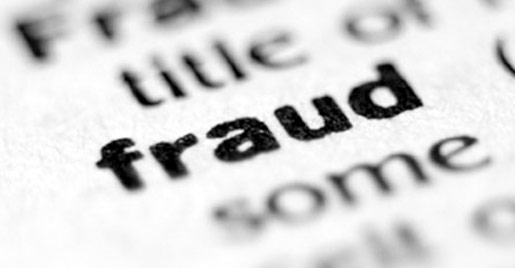
A month ago, a London Stock Exchange listed software company was in disarray as both the CEO and the CFO resigned after disclosing details of financial falsification and misrepresentation to the board only days after denying any wrongdoing. The company said in a statement to the market that the board of directors became aware of a highly critical research report put out by a New York-based hedge fund, which suggested that the company’s revenue was based on fictitious sales invoices generated by shell companies that it created and controlled.
The tech company mentions in its website more than 30 distributors, resellers and specialized partners all over the world. All these partners found themselves connected to a company that is allegedly accused of fraud and wrongdoing. The reputation damage for the tech company is so severe that might be irreversible however this damage might also have an effect on its partners according to the principle of connected vessels.
The damage of the partners’ reputation depends on their business exposure to the organization which is in crisis. If a partnership with this tech company represents only a small part of activity and a fraction of revenues then a few basic communications steps might diminish the impact for the partner’s reputation. If the exposure is graver, then the reputation risk becomes bigger.
The level of exposure to a partnership defines the actions in terms of risk and crisis management. The Madoff investment scandal is a good case study because the 162-page list of clients/investors/partners shows a broad variety of organizations and individuals who not only lost their money but them also had a huge blow on their credibility and reputation for lack of judgement, especially the banks and the hedge funds. A very famous Spanish bank, with distinctions as the World’s Best Bank by Euromoney, and Bank of The Year from the Banker magazine, faced a huge embarrassment being one of the biggest investors in the hedge funds run by Bernard Madoff.
Apart from the legal actions of the wealthy clients which might cost billions of dollars to the banks, some of these banks damaged their credibility (the most important asset for a bank) and reputation.
Another recent example is the case of FIFA and the reactions of its big sponsors which examine the possibility to bring their association with the governing body to an end if it failed to commit to an independent reform process.
Every case is different however the following general rules might be helpful in order to deal with issues and crises caused by business partners:
- Be prepared to deal with issues or crises caused by business partners
- Require all the facts from your business partner and prepare your response
- Do never deny relation with a business partner
- Do not take the blame on behalf of your partner
- Do not be apologetic but show sympathy
- Be open and transparent
- If your clients or customers are affected by the wrongdoing of your business partner, do the extra mile and cover their loss
The opinions expressed in this article are those of the author, and they do not reflect in any way those of his various affiliations.
